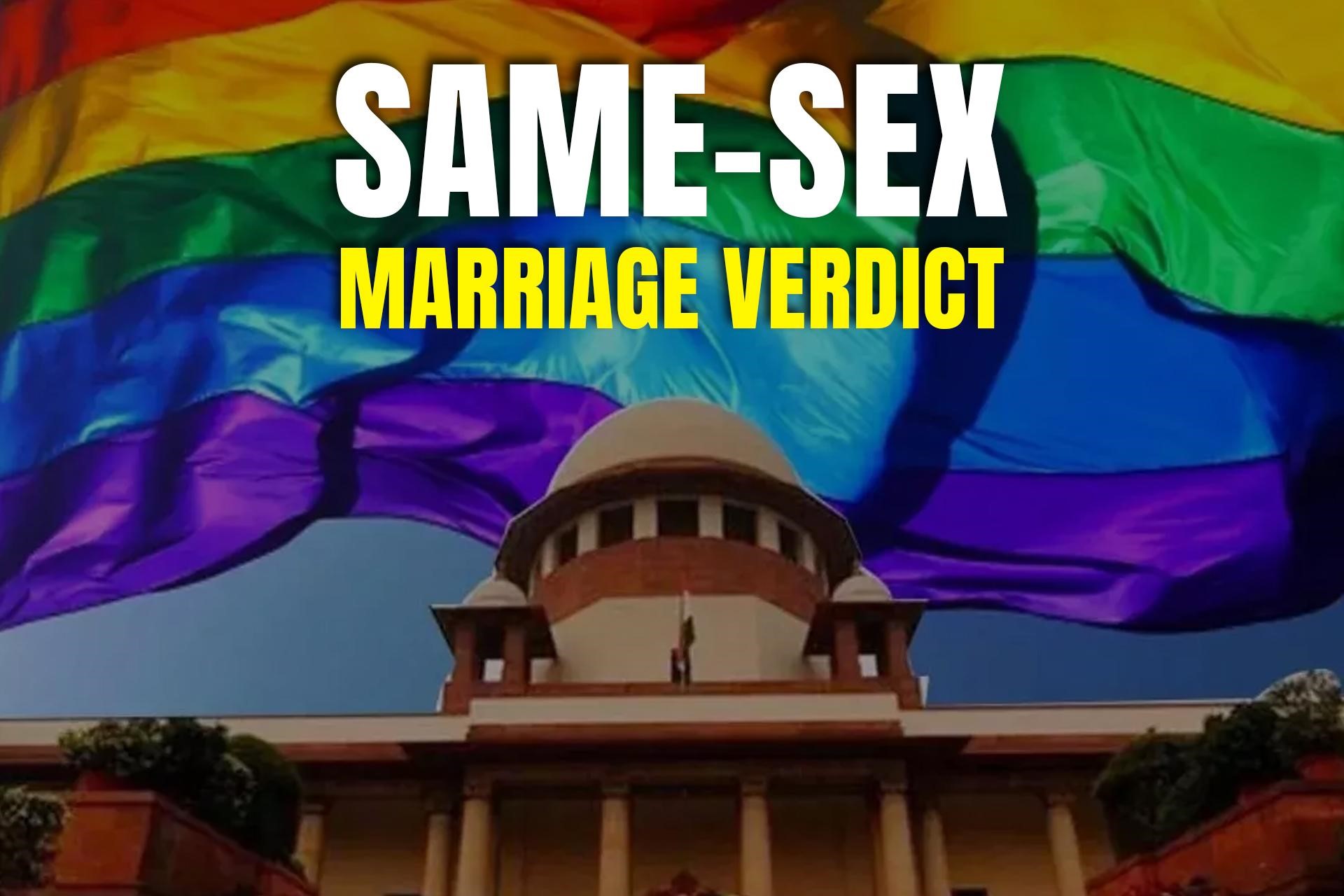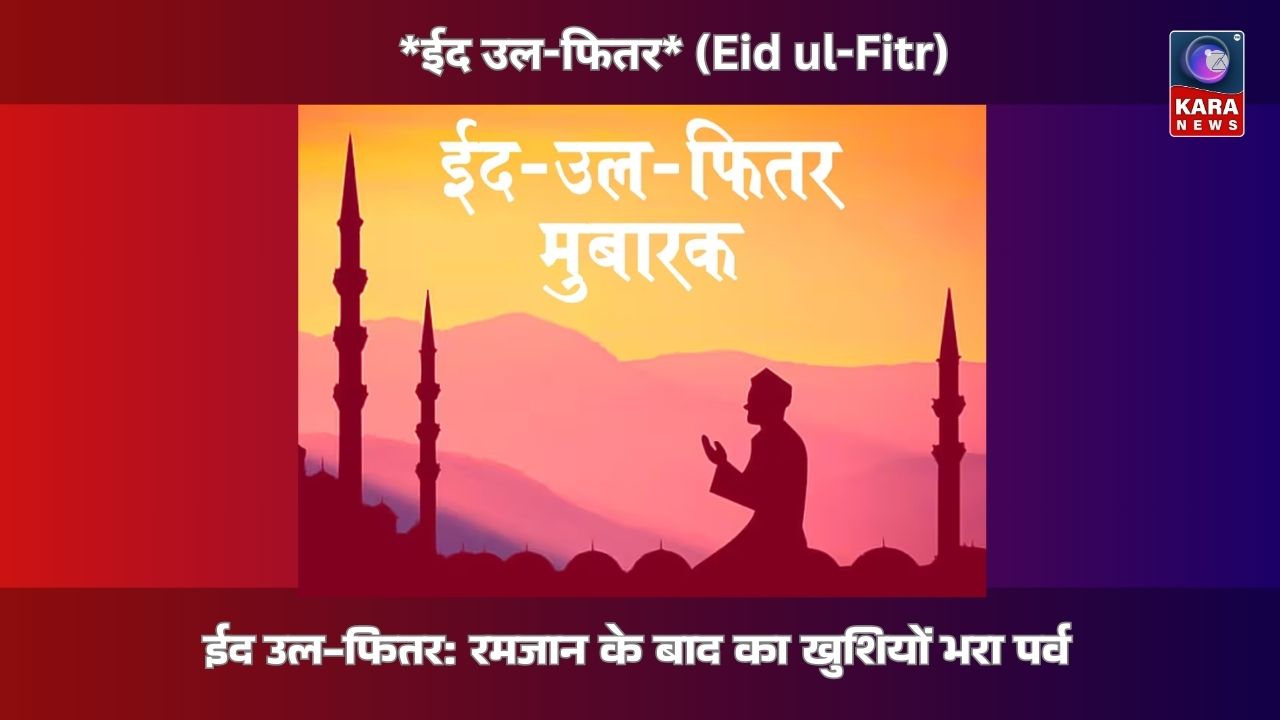A Supreme Court verdict was passed on October 17 2023 on legalizing same sex marriages in India in a case named Supra Chakraborty and Abhay Dang vs Union of India. It stated that the recognition of legal same sex marriage can be done through a legislative route only, as the marriage right is not fundamental in the Indian Constitution.

The case was heard by a five judge bench of the Supreme court, headed by the chief justice of India DY Chandrachud. The verdict was passed by a majority of 3:2, where CJI was not in the majority.
All over the world, it has been seen that although the queer sex was decriminalized, the marriage reform has taken a considerable amount of time. And, so in India, where reforms take time, especially in cultural changes, expecting such a big change so quickly was not certain at all. But changes happen, in a country like India which is growing faster in every aspect, each change will take time but hoping is never bad.
The court’s verdict has mixed reactions, some of agony and some of optimism and hope. Some people are disappointed that the court did not legalize same-sex marriage, while others are in hope that the verdict will lead to increased social acceptance of LGBTQ people and their relationships.
The advantages and disadvantages of this verdict lies in the opinions of different people.
ADVANTAGES
* The verdict recognises the rights of LGBTQ and may lead to greater acceptance of their relationships in society.
* This can result in increased recognition of their legal rights and lend a significant step towards further inclusion.
DISADVANTAGES
* It can also be used to further discriminate against them, taking into account this verdict.
* This means that LGBTQ people can still not marry the person they love.
It is important to respect these different perspectives and continue the involvement in discussions and inclusion of LGBTQ rights in Indian society.







